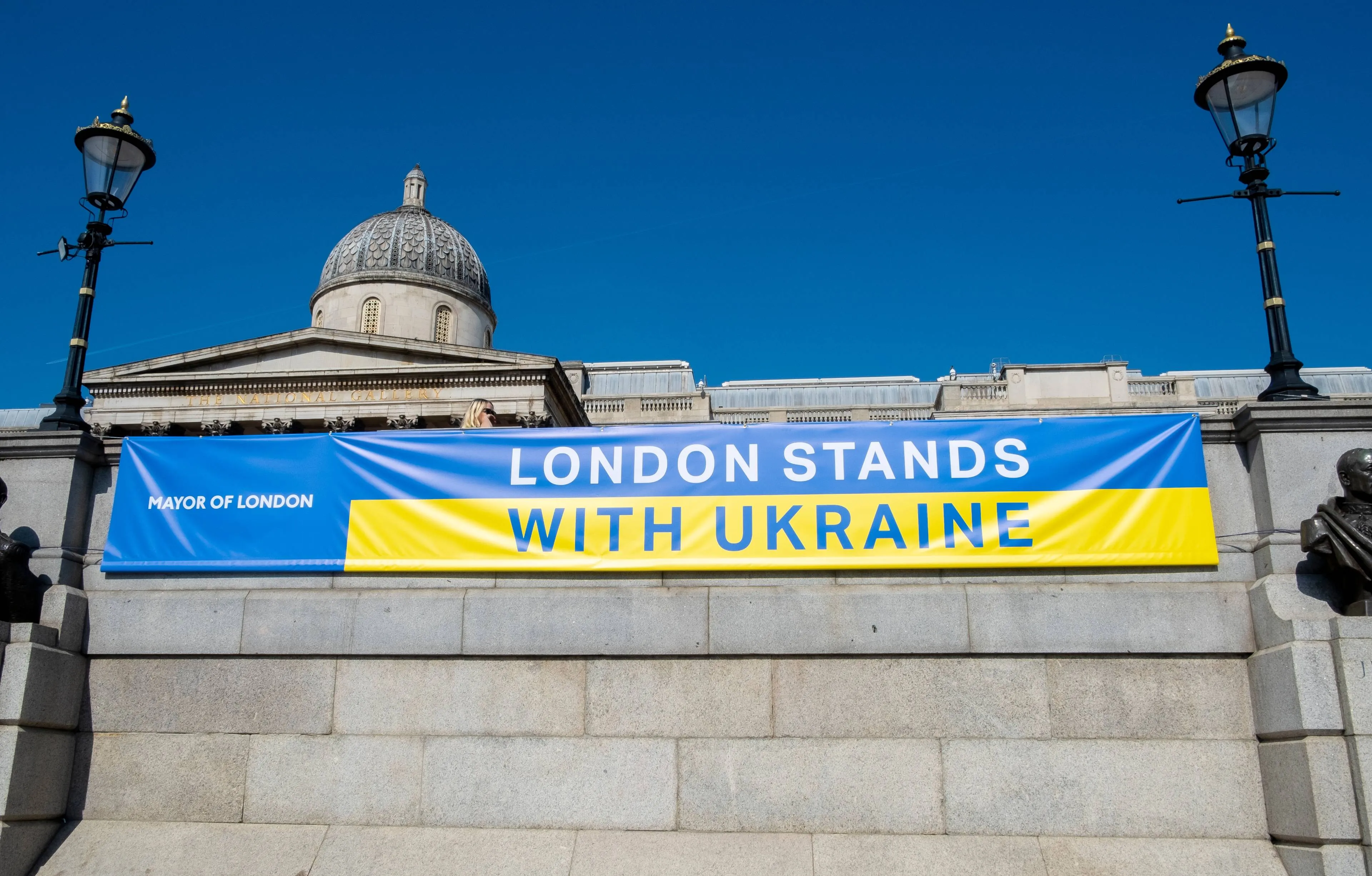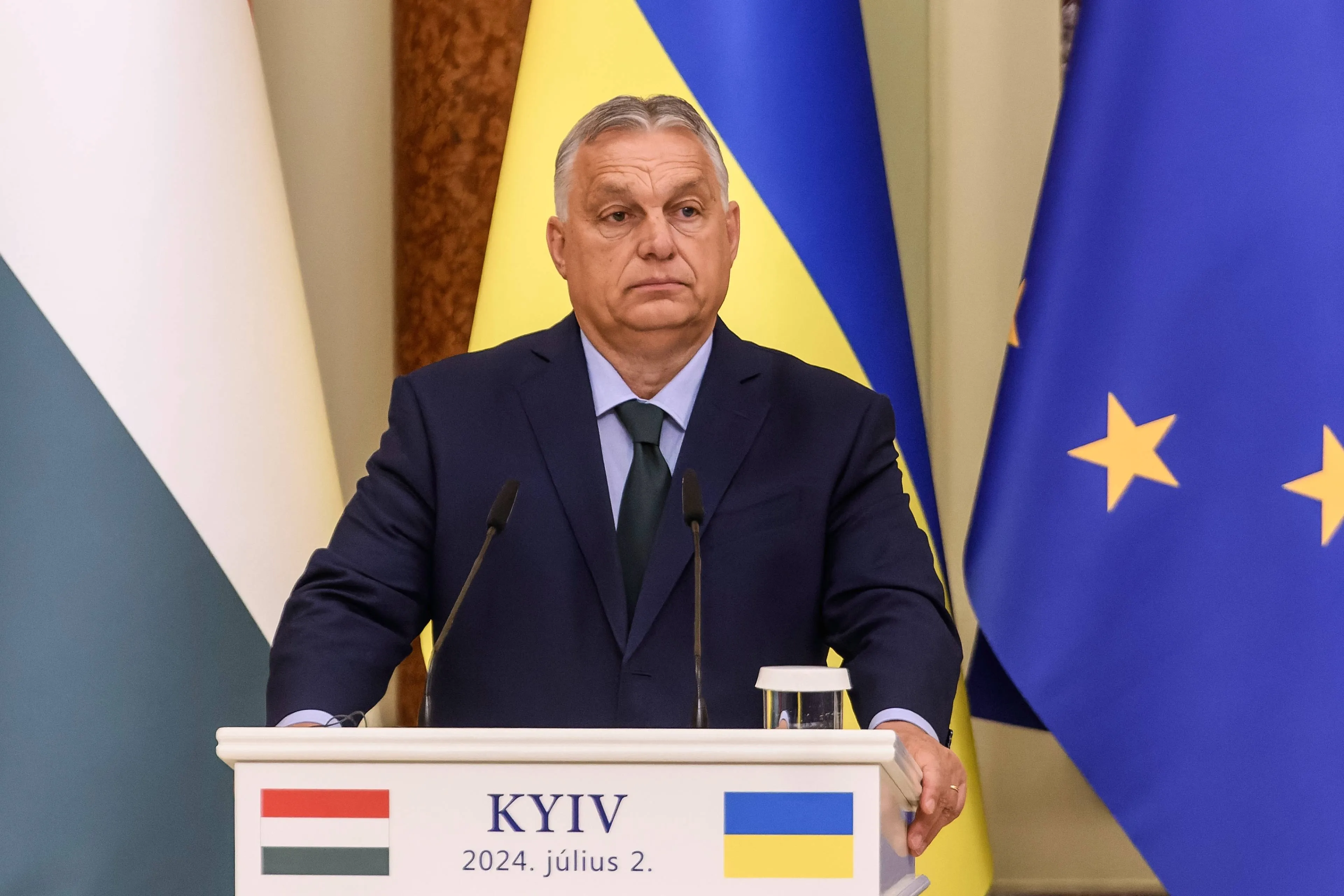Leo Strauss is ongekend populair in China
Mark Lilla, hoogleraar aan Columbia University, beschrijft hoe de Chinese studenten die hij ontmoet - tot zijn verbazing - allemaal zeer geïnteresseerd zijn in het werk van Leo Strauss, één van de grondleggers van het neoconservatisme. Kerncitaat:
What I discovered, especially among the many young people I spoke with, was something much more interesting and important. Strauss and Schmitt are at the center of intellectual debate, but they are being read by everyone, whatever their partisan leanings; as a liberal journalist in Shanghai told me as we took a stroll one day, no one will take you seriously if you have nothing to say about these two men and their ideas. And the interest has little to do with nationalism in the nineteenth-century sense of the term. It is a response to crisisa widely shared belief that the millennia-long continuity of Chinese history has been broken and that everything, politically and intellectually, is now up for grabs.
Een interessante ontwikkeling...
Ga verder met lezen
Dit vind je misschien ook leuk
Laat mensen jouw mening weten
Lees ook
Loading


